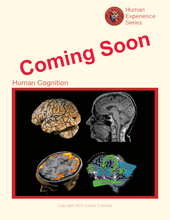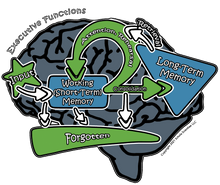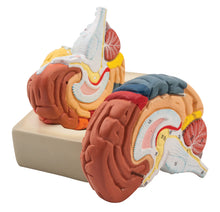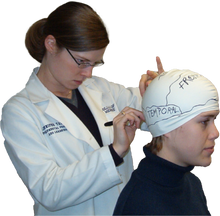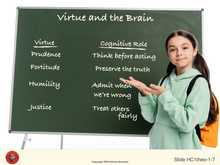
Whether this is your first year teaching science or you’ve guided students for years, this Unit is designed to support you as you lead your students through a profound and unforgettable learning experience.

Welcome to the Human Cognition Unit, part of the LabLearner Human Experience Series. This Unit provides a unique opportunity for students to explore human life from the moment of conception through the stages of prenatal development through hands-on lab work, critical thinking, and deep reflection.
Investigation 1 - The Human Brain
In Investigation One, students will use a sheep brain in the lab, but human models will also be available for comparison. The focus of the lab will be the four lobes of the brain (frontal, temporal, parietal, and occipital) and their functions.
Investigation 2 - Information Processing Model One (Input and Short Term/Working Memory)
In Investigation Two, students will begin the first of two Investigations focusing on the Information Processing Model of learning and memory. During this Investigation, students will:
- Examine human sensory perception
- Learn about the sensory register, which filters the amount of data processed, reaching the brain
- Learn about and demonstrate short-term memory and working memory.
Investigation 3 - Information Processing Model Two (Learning and Memory)
In Investigation Three, students will continue to study and demonstrate the Information Processing Model of human cognition and learning. During this Investigation, students will:
- Discover how permanent, long-term memories are made.
- Demonstrate how critical thinking and decision-making take place, as well as factors that may inhibit this process.
- Learn to use and control their own information processing methods to help study and improve their cognitive abilities.
Investigation 4 - Executive Functions and Artificial Intelligence
In Investigation Four, students will learn about the slowest developing component of human cognition, executive functions. During this Investigation, students will:
- Learn that the brain’s frontal lobe involves higher-level thinking, planning, and problem-solving.
- Learn that the frontal lobe and executive functions are not fully developed until late adolescence/early adulthood.
- Begin to consider the implications of Artificial Intelligence (AI) and intelligently discuss the opportunities and challenges this exciting new technology presents.
Each Unit in the Human Experience Series takes approximately 4-5 weeks to complete and can be used by both the science teacher and the religion teacher, whether the same or different person. No extensive laboratory experience is required, and online PD and help are available at no extra cost.







